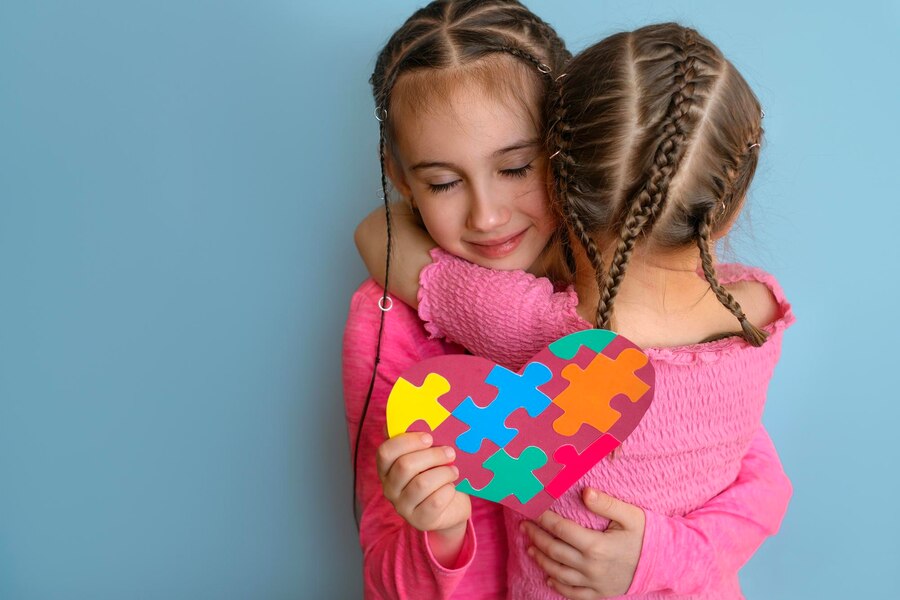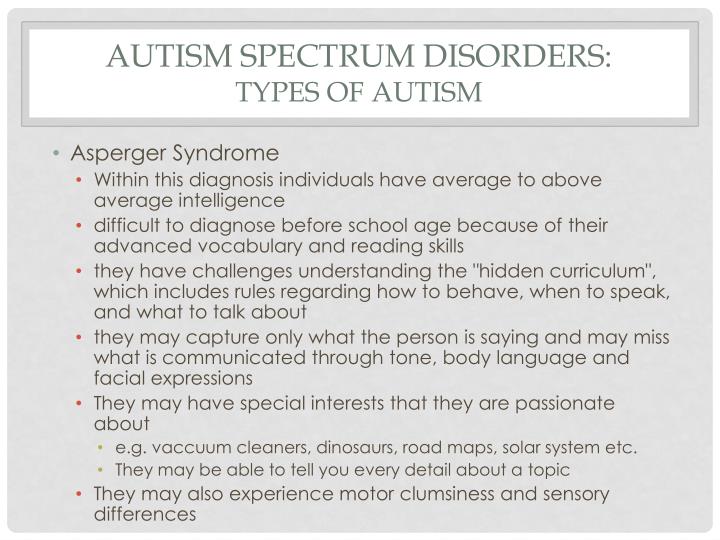Behavior Challenges

- Treatments that help with actions issues include Applied Behavioral Analysis (ABA), counseling, and medicines.Standard market groups were embraced for surveillance year 2020 that documented race and ethnicity independently and included a multiracial category in the population denominator.It is essential to get a medical diagnosis as very early as possible because study shows that very early discovery and treatment substantially boost results.They often have the need to interact with others, but might not recognize how to involve buddies or might be overwhelmed by the idea of brand-new experiences.
It is essential to bear in mind that autism is not something to be "healed" or eradicated. As opposed to trying to change autistic behavior, our focus should be on developing environments and systems that fit and commemorate neurodiversity. Developing autism-friendly atmospheres is important for sustaining individuals on the range. This could involve making sensory accommodations, supplying clear structure and regimens, or providing different interaction approaches.
Asperger Syndrome: What Parents Need To Know
Habits obstacles are extremely common among youngsters with autism spectrum problem (ASD). As with any youngster, the causes of their actions-- and the most effective means to respond-- might not constantly be what they seem. It's normally best to reply to challenging behavior by assisting your autistic child develop abilities for favorable behaviour instead. This might include abilities for connecting, understanding and managing emotions, and getting along with others.
Social Interaction Problems
Walking away out of boredom or a desire to do something various may look mean, however there's an excellent possibility that the youngster Eating Disorders & Autism (ARFID) does not identify exactly how their actions are likely to affect others. Autistic people have a bumpy ride with social communication at one degree or another. It can be challenging or even impossible to review others' emotions, or it may be very tough to stay clear of overreacting to others' sensations.
Integrating Individual Centered Preparation (PCP) additionally verifies significant, as it highlights the child's private demands and choices. This factor to consider considerably boosts their feeling of freedom, permitting children to grow within a structured yet supportive setting. Utilizing visual Autism-Friendly Workplaces aids aids kids understand what is needed of them, lowering anxiousness around shifts. Strategies like aesthetic routines and timers can delineate what comes next, improving predictability. Some effective relaxing devices include fidget toys, noise-canceling headphones, and heavy coverings.
It has to do with identifying the worth in neurodiversity and developing a culture that absolutely embraces all sorts of minds. Ecological factors, while much less understood, may likewise add to ASD development. These can consist of prenatal direct exposures, issues during birth, or early youth experiences. It's a pointer that our brains are formed not just by our genetics, however by our interactions with the globe around us. As children with ASD grow and develop, their habits typically advance and change. It resembles viewing a yard expand-- some habits bloom early, others require time to arise, and some might perish away as new ones take root.
Collaborating With A Psychological Wellness Professional
The autism range is not a linear scale from "moderate" to "extreme." Rather, it's a multidimensional principle that recognizes the diverse means autism can offer. This range incorporates a vast array of abilities, challenges, and experiences, showing the one-of-a-kind nature of each individual's neurology. Social communication and communication abilities can be testing for people with ASD.
Behavioral therapists, on the other hand, can help children establish dealing devices for handling sensory overload. They can likewise work with the kid's household and college to create a more accommodating setting. Early indications of autism in babies and kids can be subtle but substantial. Parents may discover that their kid does not make eye get in touch with, respond to their name, or take part in typical back-and-forth babbling. Some babies might show uncommon sensory actions, such as being extremely conscious specific structures or sounds.
